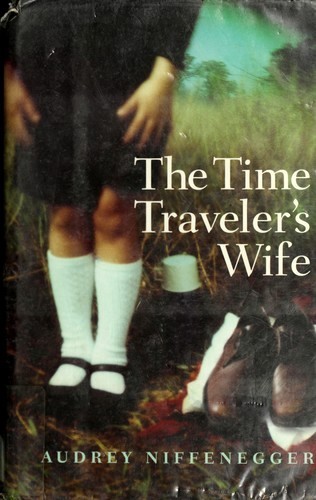Reviewed by ibeforem on
I read some of the negative reviews on Amazon, because when I like a book this much I like the see why people *didn’t* like it, to see if I was blinded to something. It seemed to me that the people that didn’t like either 1) didn’t like that it jumped around in time, 2) didn’t like the language and/or sex, 3) found some fault in the mechanics of the time travel, 4) thought the characters were flat (huh?) or 5) thought it was too long and/or wordy. Personally, I enjoyed the level of detail, and I liked that it was really set up as a series of vignettes. It seemed to be the only way it could be done. Dates and ages were given at every step, so I’m not sure why people get so lost.
I did listen to this rather than read it, and I wonder if I would have felt the same if I *had* read it. I listened to the unabridged version read by William Hope and Laurel Lefkow, and it was masterful. The only problem was that towards the end I was in danger of DWS — Driving While Sobbing. Very distracting!
Reading updates
- Started reading
- 9 March, 2007: Finished reading
- 9 March, 2007: Reviewed
